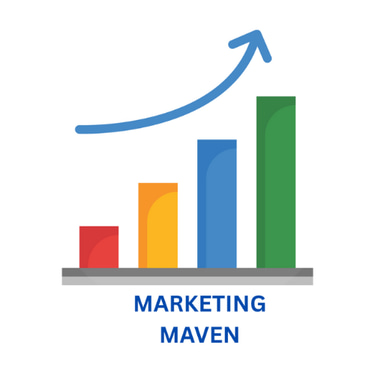Facebook vs Instagram vs LinkedIn: Best Platform for Your Business?
In today’s digital era, choosing the right social media platform for your business is just as important as creating a product or service. With so many options available, Facebook, Instagram, and LinkedIn stand out as the most powerful platforms for brands. But which one is truly the best for your business? The answer depends on your goals, target audience, and the kind of content you want to share. Facebook remains one of the most versatile platforms. With billions of active users, it is ideal for businesses that want to reach a broad audience. Whether you are running ads, building communities through groups, or sharing updates, Facebook allows you to connect with people across different age groups and demographics. It works especially well for small to medium-sized businesses that want to increase visibility, run targeted ads, and engage with customers regularly. Instagram, on the other hand, is highly visual and best suited for brands that can showcase their products or services through eye-catching photos and videos. With features like Reels, Stories, and Shopping, Instagram has become a hub for lifestyle, fashion, beauty, food, and travel brands. If your target audience is younger and more active on mobile, Instagram is the platform to invest in. It not only helps build brand awareness but also creates strong emotional connections with customers through creative content. LinkedIn, unlike Facebook and Instagram, is a professional networking platform. It is the best choice for B2B businesses, service providers, or personal brands who want to build authority and trust in their industry. LinkedIn is effective for generating leads, sharing expert insights, and connecting with decision-makers. It works particularly well if your business involves consulting, coaching, or corporate services. Ultimately, the best platform depends on your business type and audience. If you want a wide reach, choose Facebook. If you want strong visual branding, go for Instagram. If your focus is professional growth and B2B connections, LinkedIn is the most powerful. Many businesses even combine all three to maximize results. The smart move is to identify where your target customers spend most of their time and focus your energy there. AI-powered SEO tools can analyze data, suggest keywords, optimize content, and even predict future trends. For example, SurferSEO and SEMrush use AI to identify which keywords are easier to rank for. Similarly, AI can detect user intent and recommend changes to make the content more engaging. However, SEO is not just about technical work; it requires creativity, strategy, and understanding of human psychology. AI can generate data-driven insights, but it cannot replace the creativity of a human writer who understands emotions, storytelling, and brand voice. So, the future of SEO with AI is a combination of automation and human expertise. AI will handle repetitive tasks like keyword research, content optimization, and competitor analysis, while SEO experts will focus on creating valuable content and building strategies. The smartest marketers will be the ones who know how to combine AI tools with their own skills to achieve the best results.In 2025, the core idea remains the same — to reach, attract, engage, and convert customers — but the way it’s done is faster, smarter, and more interactive. It’s about combining creativity with technology to grow online, stay competitive, and build strong brand relationships in the digital world.
